

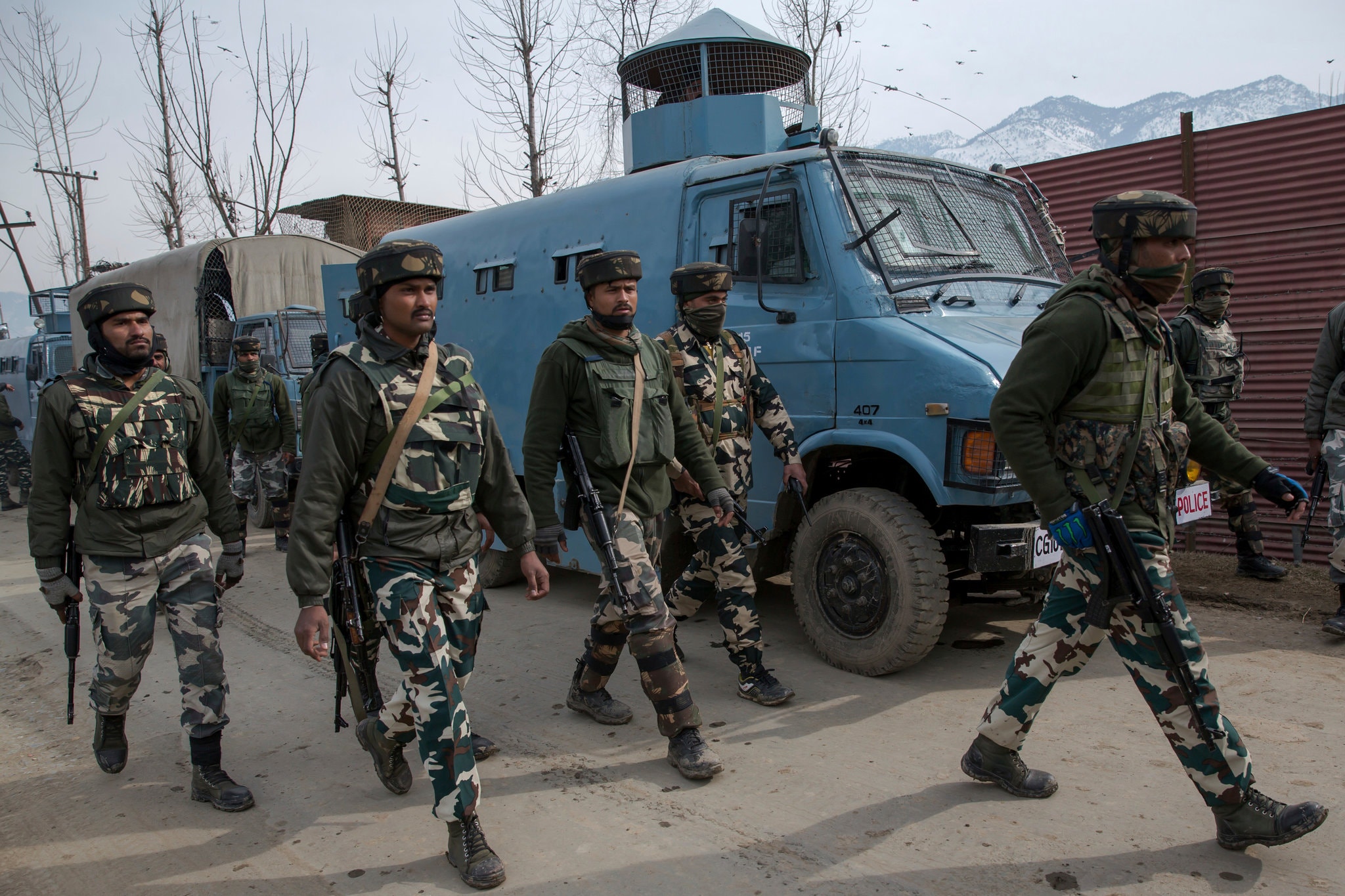
In a recent encounter with militants in the Doda district of Jammu and Kashmir, an Army officer was killed and another person was injured. The Army has launched a joint operation with the police to locate the militants in the Akar forest near Patnitop. The Northern Army Commander has visited the forward locations to review anti-militancy operations and Defence Minister Rajnath Singh has called for a high-level meeting on the rising terror-related incidents in the region.
Army Officer Killed in Terrorist Attack in Jammu and Kashmir
Background:
Jammu and Kashmir has been plagued by terrorism for decades, with militants operating from across the Line of Control (LoC) to target Indian security forces and civilians. In recent years, the Indian Army has intensified anti-terror operations in the region, leading to increased casualties among both militants and security personnel.
Current Incident:
On August 11, 2023, an Army officer was killed and another person was injured in an encounter with militants in the Doda district of Jammu and Kashmir. The incident occurred in the dense Akar forest near Patnitop, a popular tourist destination.
According to reports, a team of Army personnel was conducting a search operation when they were ambushed by militants. A fierce gunfight ensued, resulting in the death of the Army officer and injuries to another person.
Response:
The Army has launched a joint operation with the police to locate and neutralize the militants. The Northern Army Commander, Lieutenant General Upendra Dwivedi, visited the forward locations to review anti-militancy operations.
Defense Minister Rajnath Singh has called for a high-level meeting on the rising terror-related incidents in the region. The meeting will be attended by top officials from the security establishment, including the Army, police, and intelligence agencies.
Implications:
The killing of an Army officer highlights the ongoing threat of terrorism in Jammu and Kashmir. The incident also raises concerns about the safety of tourists and civilians in the region.
The joint operation launched by the Army and police aims to neutralize the militants responsible for the attack and restore normalcy in the area. The high-level meeting called by the Defense Minister is expected to review the security situation and discuss measures to counter terrorism in the region.
FAQs:
1. What is the history of terrorism in Jammu and Kashmir?
Jammu and Kashmir has been plagued by terrorism since the 1980s, with militants operating from across the LoC to target Indian security forces and civilians. The insurgency has been supported by Pakistan, which has denied involvement.
2. What are the major militant groups operating in Jammu and Kashmir?
The main militant groups operating in Jammu and Kashmir are Lashkar-e-Taiba (LeT), Jaish-e-Mohammad (JeM), and Hizbul Mujahideen. These groups are responsible for numerous terrorist attacks in the region.
3. What steps has the Indian government taken to counter terrorism in Jammu and Kashmir?
The Indian government has taken several steps to counter terrorism in Jammu and Kashmir, including:
4. What is the current situation in Jammu and Kashmir?
The security situation in Jammu and Kashmir has improved in recent years, but terrorism remains a major threat. Militant attacks continue to occur sporadically, but the Indian security forces have been successful in neutralizing many militants.
5. What is the future of Jammu and Kashmir?
The future of Jammu and Kashmir lies in finding a permanent solution to the issue of terrorism. This will require cooperation between India and Pakistan, as well as the support of the local population.

The Supreme Court on Friday set aside the Delhi High Court's order to delete a Wikipedia page on an ongoing defamation case between Asian News International (ANI) and Wikimedia. The bench reiterated the principle that courts should be open to public observation and welcome constructive criticism, and that media reporting about judicial proceedings cannot be curbed lightly. The Court also cited past judgments highlighting the importance of public scrutiny and gaze as a check against judicial caprice and maintaining public confidence in the administration of justice.
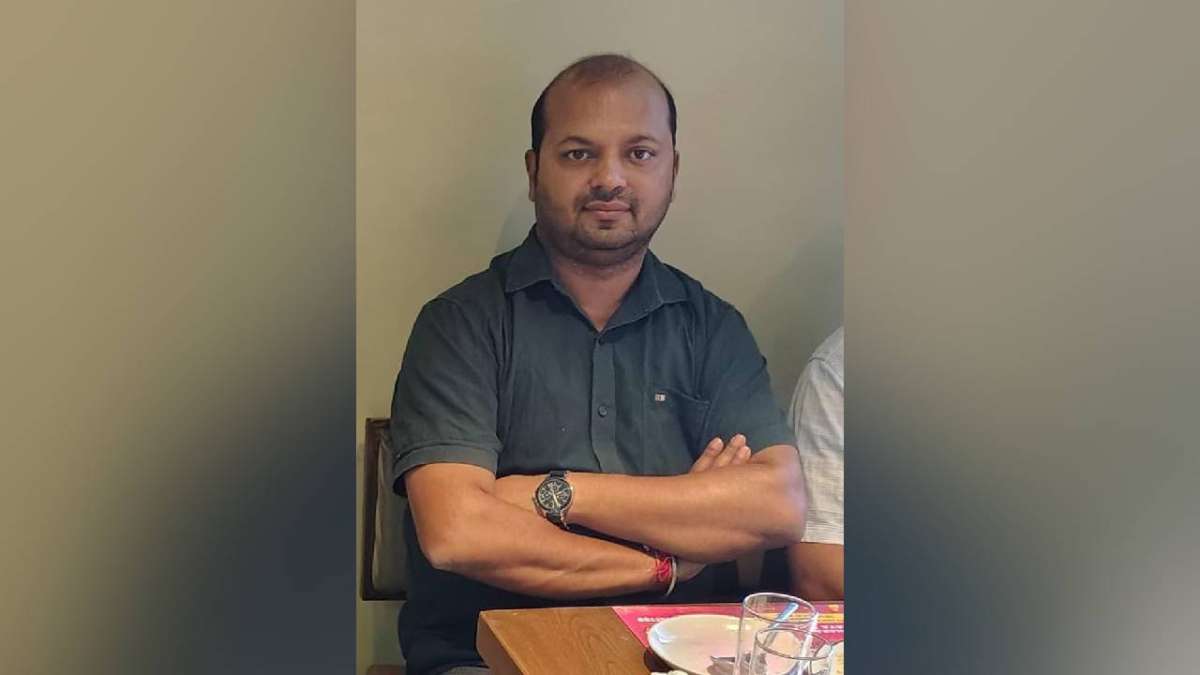
As the nation mourns the victims of the Pahalgam terror attack, retired Brigadier Deep Bhagat, a gallantry award-winning Indian Army veteran, has called for unity. In a video posted by his son, content creator Anish Bhagat, Brigadier Bhagat warned against falling into the trap of communal divide, which he claims is the goal of the perpetrators behind the massacre. He emphasized the need for Indians to stay united in the face of such tactics. The inspiring video has garnered over 4.5 million views and has received praise for the retired officer's wise words.
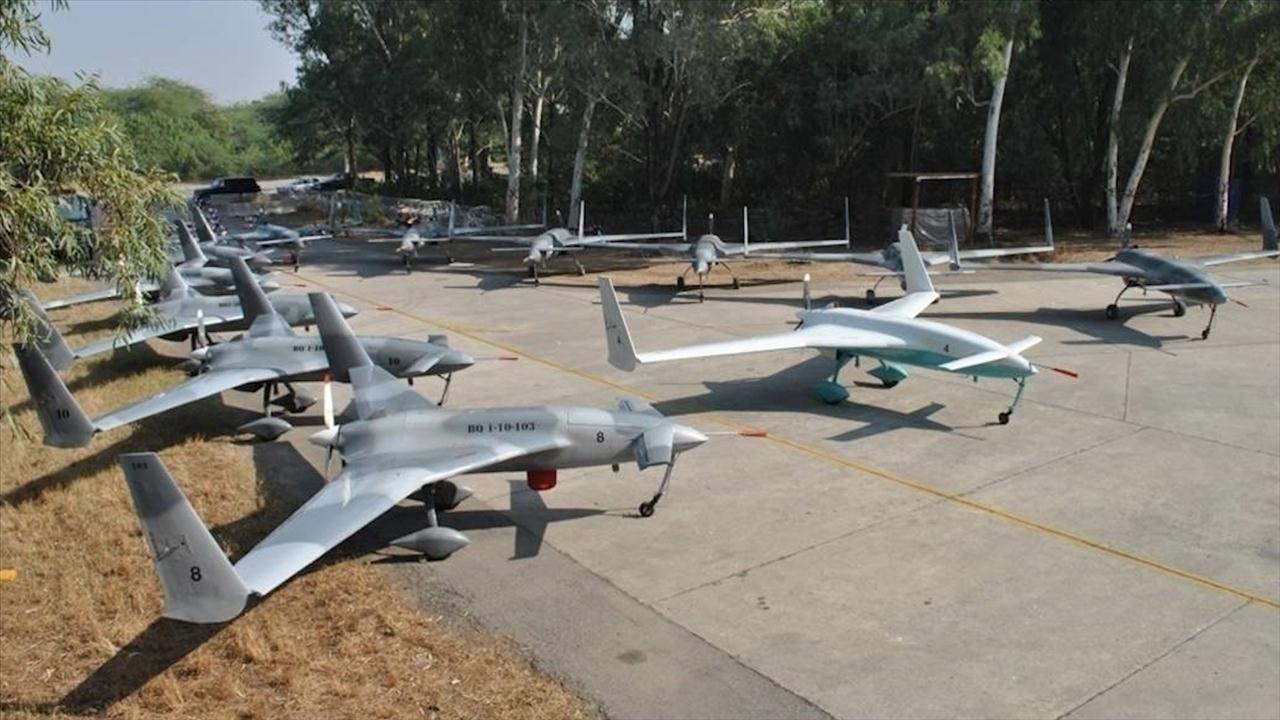
In response to Pakistan's escalating actions along India's western borders, the Indian Army launched Operation Sindoor and neutralized nine terror camps in Pakistan and Pakistan-occupied Kashmir. In the wake of Pakistan's drone attacks, the Indian Army has demonstrated its robust air defense systems and declared zero tolerance for any violations of India's sovereignty. Fragments and debris of an unidentified projectile were also recovered from Punjab and Rajasthan, indicating the aggressive intentions of Pakistan.
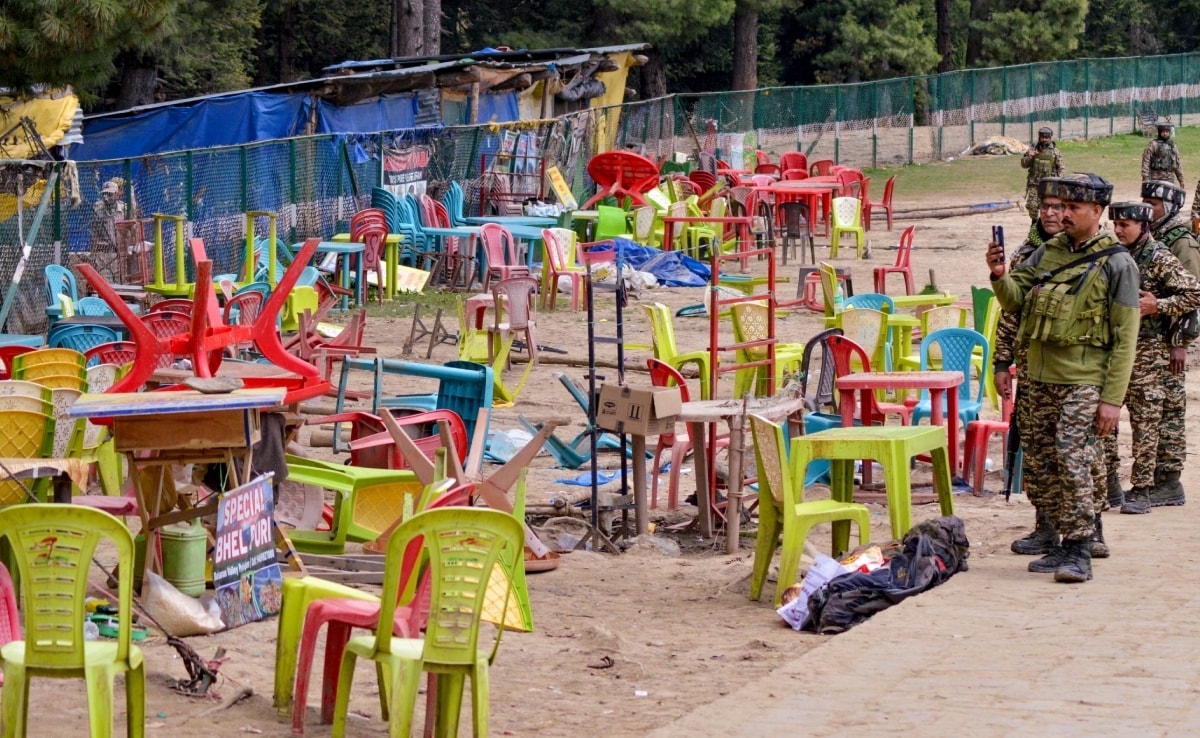
After the deadly terrorist attack in Pahalgam that claimed the lives of 27 civilians, including tourists, speculation is rife about India's response. It is reported that India may carry out surgical strikes and airstrikes against Pakistan. However, former Commander of the Srinagar-based Chinar Corps Lt Gen Devendra Pratap Pandey (Retd) cautions against this move, stating that Pakistan is looking for escalation to divert attention from its internal and economic problems. He suggests exploring other options for punishment that will target the culprits behind the attack.

On Saturday morning, India retaliated against Pakistan as the latter continued to launch airstrikes and use drones to attack military installations in multiple cities. In the early morning escalation, a senior official from Jammu and Kashmir, Raj Kumar Thapa, tragically lost his life due to a shell hitting his house. The CM has expressed his condolences and urged people to stay indoors amidst the ongoing conflict. Reports indicate that PAF has suffered losses during the engagement and the government is set to hold a briefing on the attacks.

Members of the Kashmiri Pandit Association and the Jammu and Kashmir Dogra Samaj gathered in Mumbai to honor and mourn the Hindu civilians brutally killed in Pahalgam, Kashmir. The community representatives stated that the victims were targeted solely for their religious identity, reigniting concerns about minority safety in the conflict-prone region. The attendees stood in silence, holding placards and candles, to remember the victims and to demand justice and protection for vulnerable communities. The organizers emphasized the need for national unity and called upon authorities to take swift action against such attacks. They also stressed the importance of civil society standing up against communal violence through peaceful but firm action.
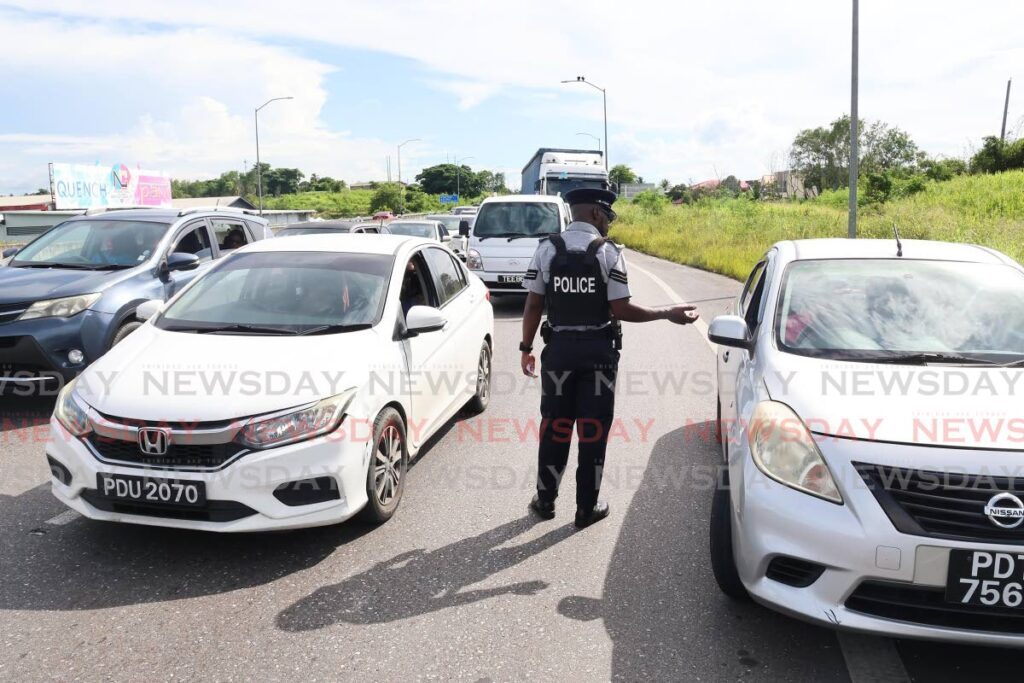
The Indian government has announced the implementation of a demerit point system for traffic violations, in an effort to reduce road accidents. Under this new system, drivers will receive demerit points for infractions such as speeding and running red lights, with accumulation of too many points potentially leading to suspension or cancellation of their driving licence. This initiative is part of a larger plan to improve road safety measures in India, which have come under scrutiny due to the high number of traffic-related deaths.
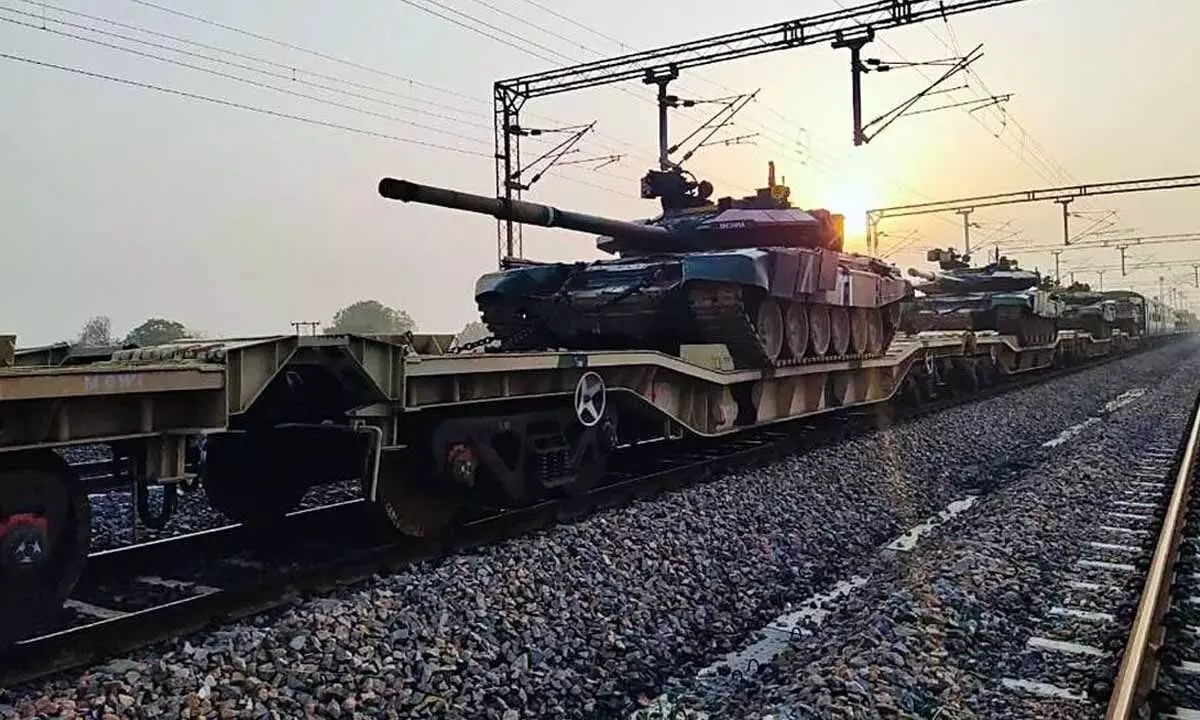
In the midst of escalating tensions between India and Pakistan, the Indian Railway Ministry has issued an advisory to its employees, cautioning them against sharing confidential information about military train movements with unauthorized persons. This comes as a response to possible attempts by Pakistani intelligence agencies to seek information about such movements. The advisory highlights the gravity of the situation and urges railway officials to be vigilant and not disclose any information to unauthorised individuals.

In the aftermath of the conviction of Dera Sacha Sauda chief Gurmeet Ram Rahim, a series of events have unfolded. Punjab's Chief Minister condemned Haryana's CM for blaming Punjab, Indian Film and Television Directors' Association canceled the Dera Chief's membership, and Twitter has frozen his official account. Additionally, his son has been appointed as the executive manager, leading to more speculation about the Dera Sacha Sauda's influence and power. The riots that have occurred in northern India since the conviction only further highlight the chaos surrounding this controversial figure. With the Dera Chief's influence on politics and the masses, it is clear that his actions have long-term consequences.
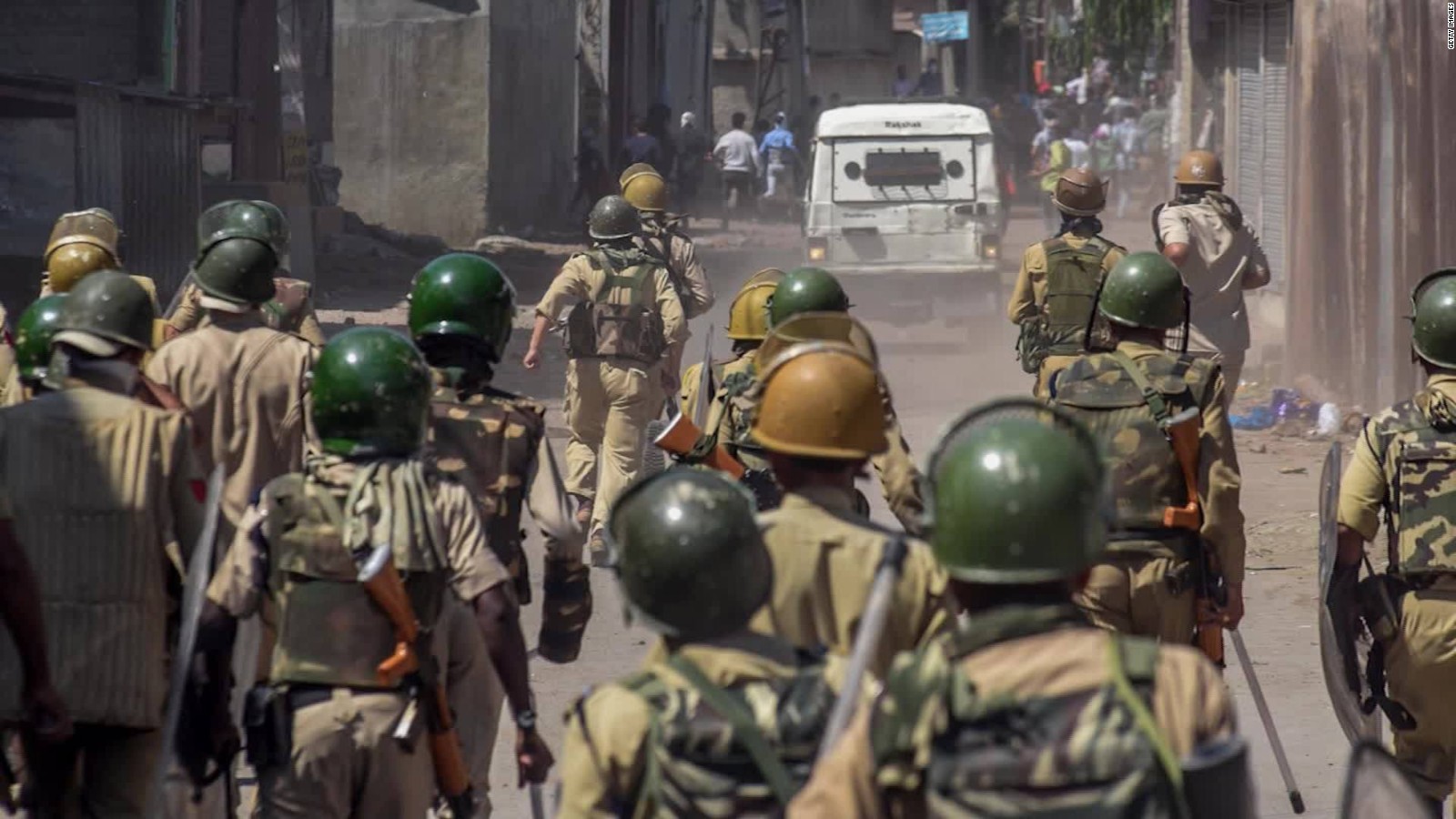
In a closed-door consultation, the UN Security Council discussed the recent terror attack in Jammu and Kashmir and called for de-escalation between India and Pakistan. The meeting, called by Greece, did not result in a statement, but Pakistan claimed its objectives were "largely served". The UNSC President described it as a "productive and helpful" meeting, while Pakistan's Permanent Representative stated that their objectives of having a discussion on the situation and the need for dialogue were achieved.